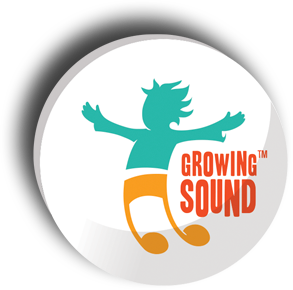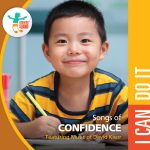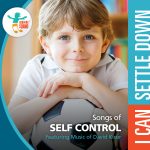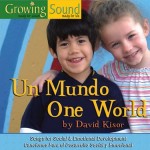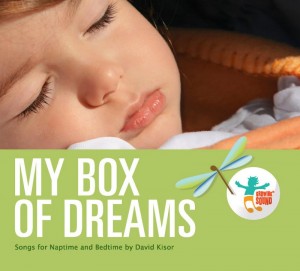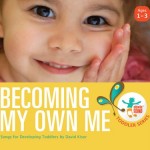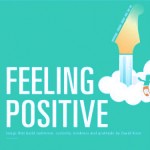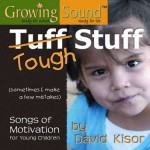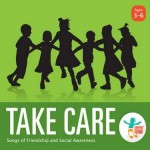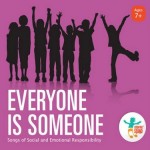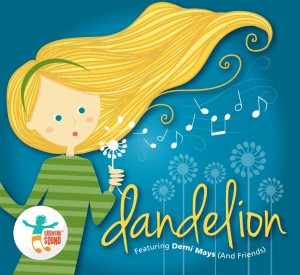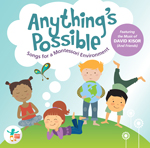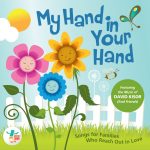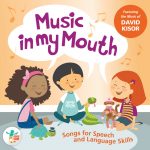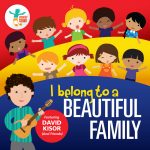
The Impact of Music on the Brain
Developing Cognitive Skills
Numerous studies have shown that exposure to music positively influences the development of the brain, particularly in areas involved in language acquisition, speech, spatial reasoning, memory, and attention. Music engages both hemispheres of the brain, stimulating neural connections and enhancing cognitive abilities. It helps children develop aural skills, such as recognizing patterns, pitch, and rhythm, which are crucial for creative thinking.
Emotional Expression and Regulation
Music is a universal language that allows children to express and regulate their emotions. It provides an outlet for self-expression, enabling children to convey their thoughts and feelings in a non-verbal way. By listening to music or creating their own melodies, children can explore a wide range of emotions, which can fuel their creative thinking process.
Enhancing Focus and Concentration
Contrary to noise, which can be distracting and overwhelming, music has the power to increase focus and concentration. The structure and order of music provide a soothing and organized backdrop for cognitive activities. When children listen to music, their brains enter a more open state, allowing for the flow of ideas and creative problem-solving.
The Link Between Music and Creativity
Music as a Mood Booster
One of the remarkable effects of music on creativity is its ability to uplift and enhance mood. Listening to upbeat and uplifting music triggers the release of “happy” hormones, such as endorphins and dopamine, which put individuals in a positive state of mind. When children are in a positive mood, their creative thinking flourishes, and they are more likely to come up with innovative ideas and solutions.
Musical Instrumentation and Ideation
Learning to play a musical instrument has been found to significantly boost creativity and imagination in children. Whether it’s piano lessons, guitar lessons, or any other instrument, the process of learning and practicing fosters ideation. It requires children to think outside the box, experiment with different sounds, and explore the possibilities of creating their own music. The combination of technical skills and artistic expression nurtures their creative abilities.
Social Interaction and Collaboration
Creativity is not solely a solitary endeavor; it thrives in social settings as well. Music provides a platform for social interaction and collaboration, allowing children to exchange ideas and receive feedback from their peers. Whether it’s playing in a band, singing in a choir, or participating in group music activities, children learn the art of listening, compromising, and collectively creating something greater than themselves. These experiences broaden their perspective and inspire new creative pathways.
Music as Inspiration
Music has the incredible power to spark inspiration. Whether it’s the lyrics of a song, the melody, or the overall ambiance, music can ignite a flame of creativity within children. It evokes emotions, triggers memories, and transports individuals to different mental and emotional states. When children are inspired, they are motivated to explore their creative potential and pursue their passions.
Practical Tips for Cultivating Creativity Through Music
Encourage Active Participation
Passive listening is enjoyable, but active participation in music is where the magic happens. Encourage your child to engage with music by singing, clapping along, or dancing to the beat. By actively participating, they develop a deeper connection with the music and stimulate their creative thinking. Sing nursery rhymes together and incorporate hand movements or create your own music-related games to make the experience even more interactive.
Embrace Improvisation
Improvisation is a powerful tool for fostering musical creativity. Encourage your child to improvise by creating their own songs or melodies. Provide them with opportunities to compose tunes for everyday objects or people in their lives. The focus is not on perfection or performance but on the process of exploration and self-expression. Improvisation allows children to develop their unique musical voice and build confidence in their creative abilities.
Explore Different Sounds and Instruments
Introduce your child to a variety of sounds and instruments to expand their sonic horizons. Get creative and make instruments out of everyday objects like wooden spoons, boxes, or bells. Experiment with different rhythms and patterns using these homemade instruments, encouraging your child to play them at varying speeds. By exploring different sounds and instruments, children develop a deeper appreciation for music’s versatility and open themselves up to new creative possibilities.
Integrate Music into Daily Activities
Make music an integral part of your child’s daily routine. Play background music during playtime, mealtime, or bedtime to create a stimulating and engaging environment. Choose music that matches the mood or activity, whether it’s calming melodies for relaxation or lively tunes for energetic play. By integrating music into daily activities, you provide consistent exposure to its benefits and create an atmosphere conducive to creative thinking.
Foster Collaborative Music Experiences
Encourage your child to engage in collaborative music experiences, such as joining a choir, band, or music class. These settings offer opportunities for children to interact with peers who share their passion for music. Collaborative music experiences promote teamwork, communication, and the exchange of ideas. They provide a supportive environment where children can learn from others, gain inspiration, and develop their creative skills in a shared context.
In a world that demands creativity, music serves as a powerful catalyst for nurturing the creative potential in children. It enhances cognitive skills, regulates emotions, and boosts focus and concentration. Through music, children can explore their imagination, express themselves, and collaborate with others. By incorporating music into their lives and encouraging active participation, improvisation, and exploration, parents and educators can unlock the doors to creativity and empower children to become confident, innovative thinkers. Embrace the power of music and watch your child’s creativity soar.
Click on an Collection To Listen To the Music!
Who You’ll Be Someday:
Songs and Stories for
Naptime and Bedtime
Ages 0-4
Contact us for more information!
